Around a year ago, the caretaker of App State’s ducks was given a feature story in The Appalachian that led to the creation of the App State duck committee.
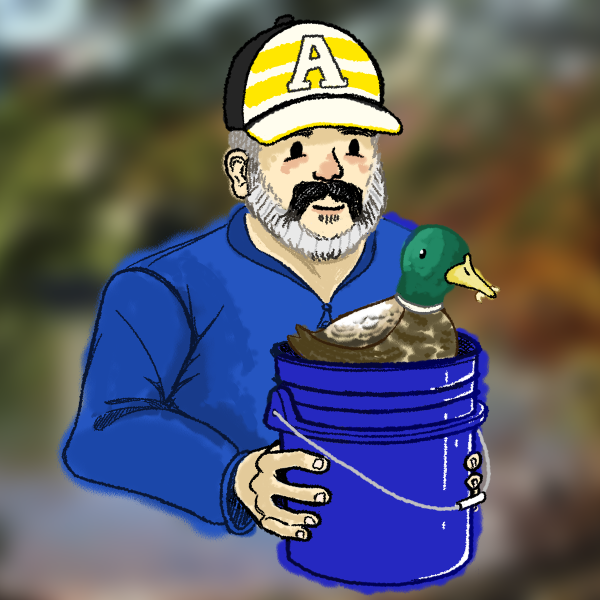
Daniel Byrd is the executive director of teacher education at App State and has worked as the voluntary duck caretaker for ten years. When he first took hold of the position, he paid out of pocket for the duck’s necessities. The food, vet visits and feeder installations all came directly from his personal funds. Currently, thanks to the members of the App State Landscaping Committee, a branch of campus facilities, he no longer has to worry about those personal costs, Byrd said.
After The Appalachian article about Byrd was published, a member of the landscaping committee reached out to Byrd and offered to take on the cost of duck caretaking. Since the interaction, Byrd has put together his own informal volunteer committee, called the duck committee, whose goal is to care for the ducks in every way possible.
With members ranging from a veterinary technician, App State Police, the landscaping committee, a member of the sustainable development department and a member from the Institutional Animal Care and Use Committee, the ducks at App State are looked after with vigor.
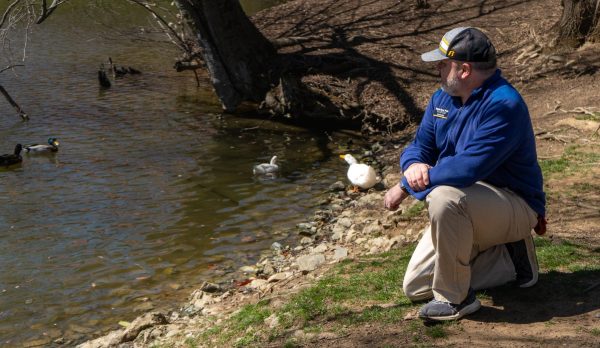
“I won’t be here forever,” Byrd said.
However, the ducks have not had it easy. Between harmful rumors, pond swimmers and “well-intentioned” thievery, the pond’s aquatic life continues to face challenges. Byrd said the biggest challenge the pond has faced is the ignorance surrounding his work. The harmful assumptions about the duck population and acts of vandalism have caused the ducks to go under fire.
“When people have misinformation, it causes them to act in ways that are misguided,” Byrd said.
There have been multiple attempts to steal the duck feeders that carry their pellets, Byrd said. However, each attempt has been unsuccessful since the feeders have been returned each time they are taken. Byrd said the person responsible for stealing the feeders is most likely doing so because they are misinformed about duck-feeding practices.
The feeders provide nutritious food for the ducks that they would not be able to gather otherwise due to the small size of the pond and the pollution harming its ecosystem. Without them, the ducks might not be able to gather enough resources to sustain themselves. Their wings are not clipped and the feeders do not hinder their migration pattern — they do not migrate because of their breed, Byrd said.
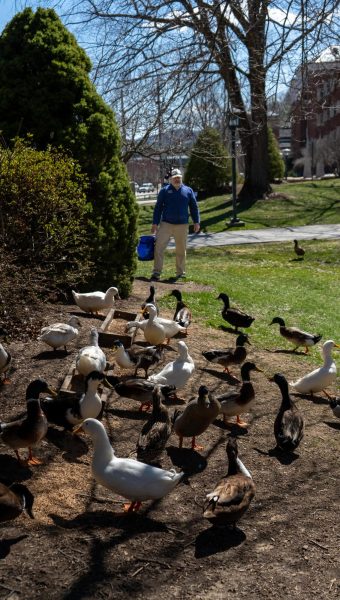
To combat the misinformation, Byrd and his volunteer team have been working to spread awareness about the ducks and their habitat.
The duck committee plans to have a fully-functioning website for the ducks and their needs to combat the spread of misinformation. Byrd said he hopes to place QR codes around the pond to bring awareness about App State’s volunteer duck caretaking service.
“We want to educate people and let them know how to help out,” Byrd said.
Byrd works to ensure the ducks are kept in good health. He goes out to the pond twice a week to both feed them and to check if any are injured. If a duck is hurt beyond the repair of an in-county vet technician, the duck gets taken to the Carolina Waterfowl Rescue in Charlotte, Byrd said.
According to their website, the CWR is a nonprofit wildlife rescue organization that deals with “animals few rescues are willing to or are able to accommodate.”
From a one-man volunteer team, to a multi-person group, the journey of Byrd and his duck caretaking has seen exponential growth due to his plans. He plans to continue building his group and hopes to have it be a fully functioning university committee.
Byrd hopes to leave behind a legacy embedded in duck protection and education.
“As long as the ducks are here and as long as App State’s here, we’ll have people to take care of them,” Byrd said.

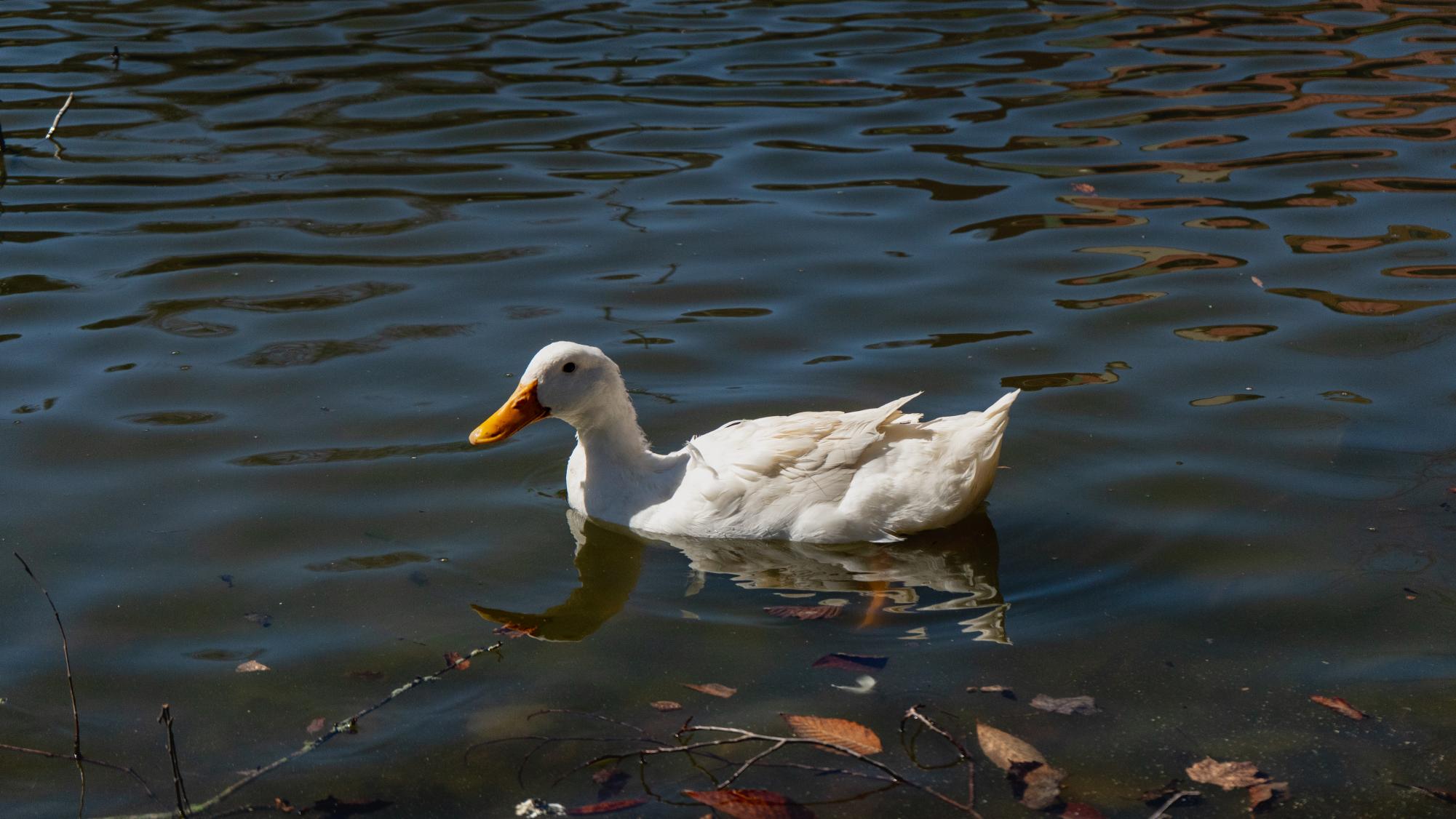



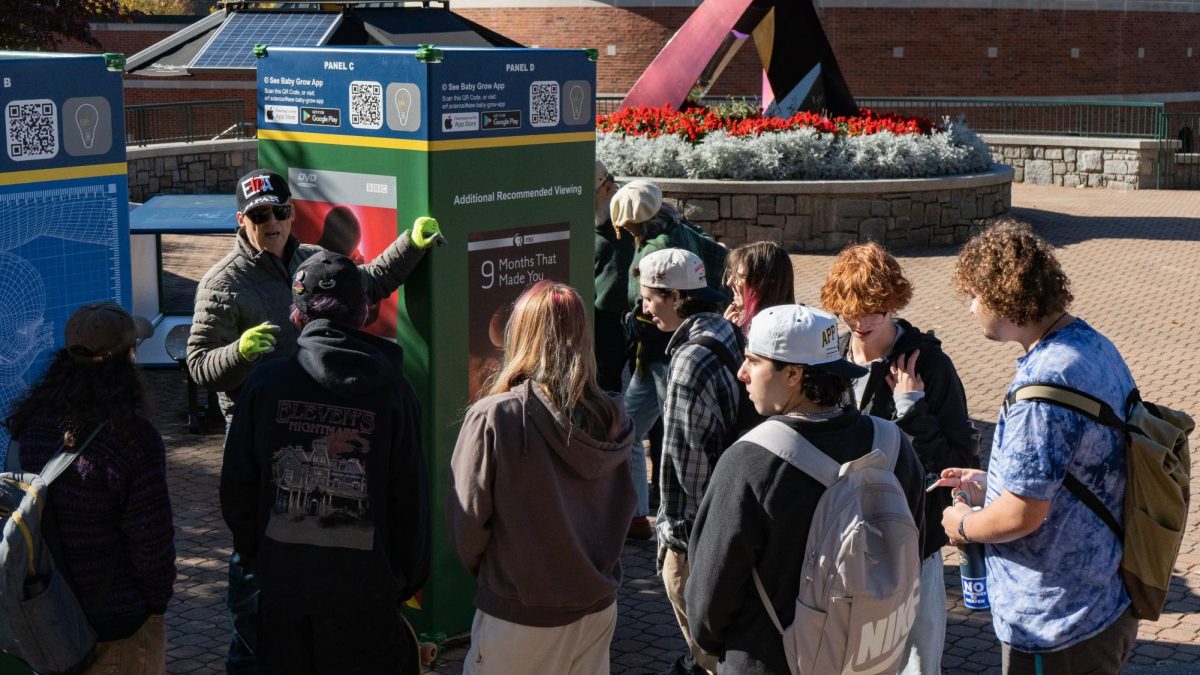
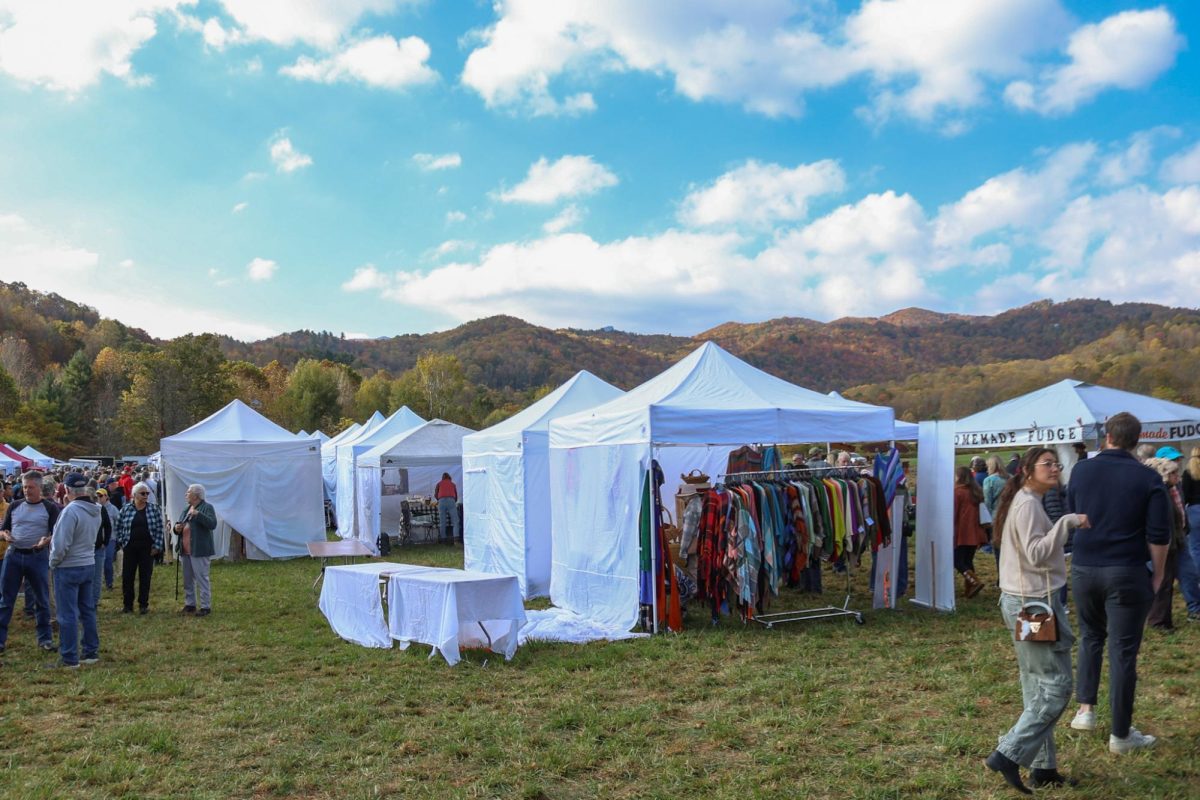
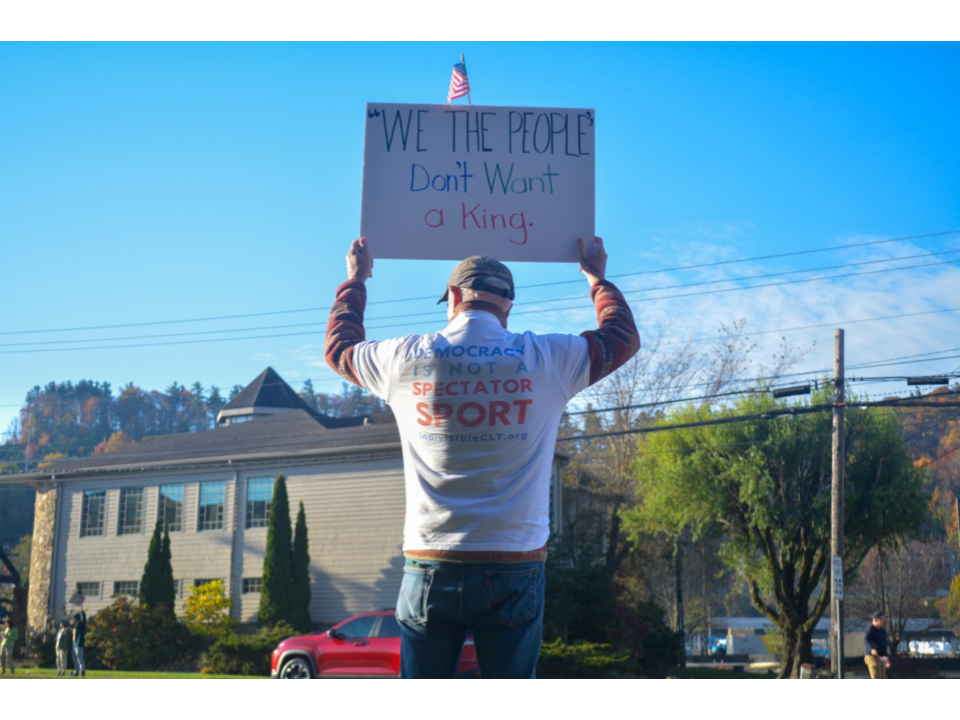

Daniel Byrd • Apr 22, 2025 at 5:24 am
Thank you to The Appalachian for another fun and informative article about the App State ducks! You’ve created a lot of positive awareness across campus, which will benefit them for many years.
Katy Willis • Apr 15, 2025 at 8:30 am
LOVE THIS!